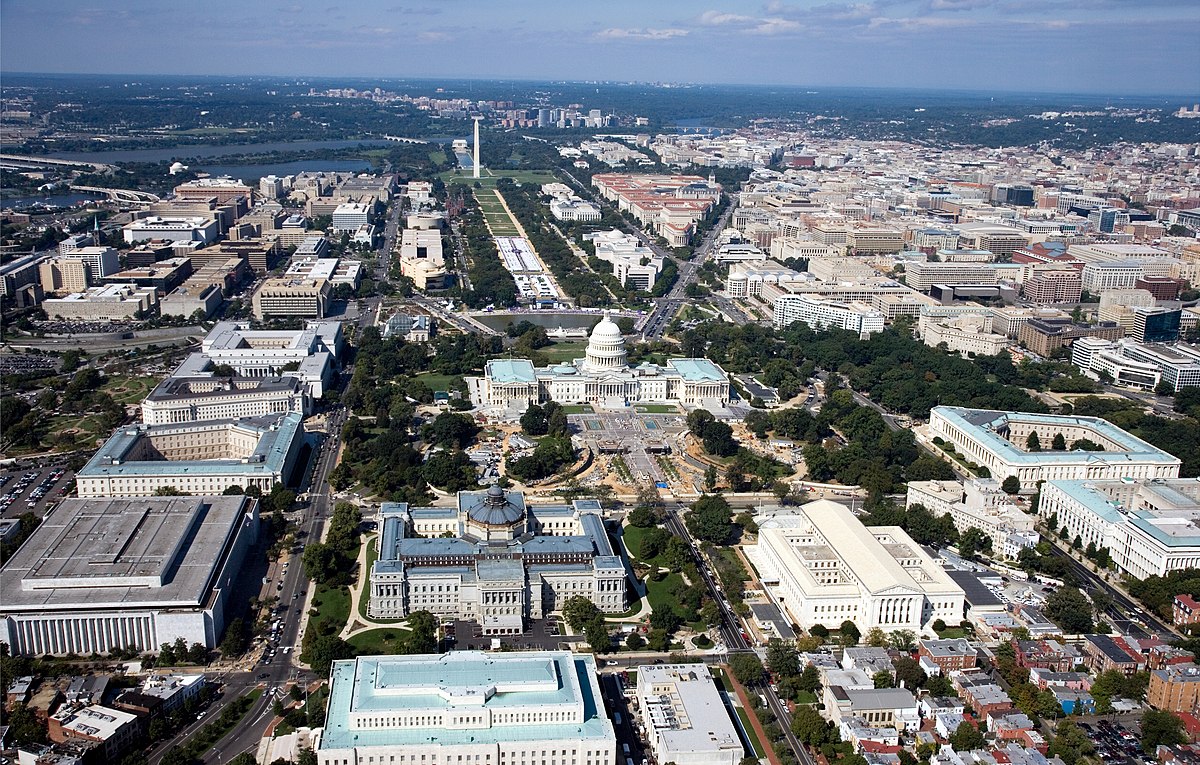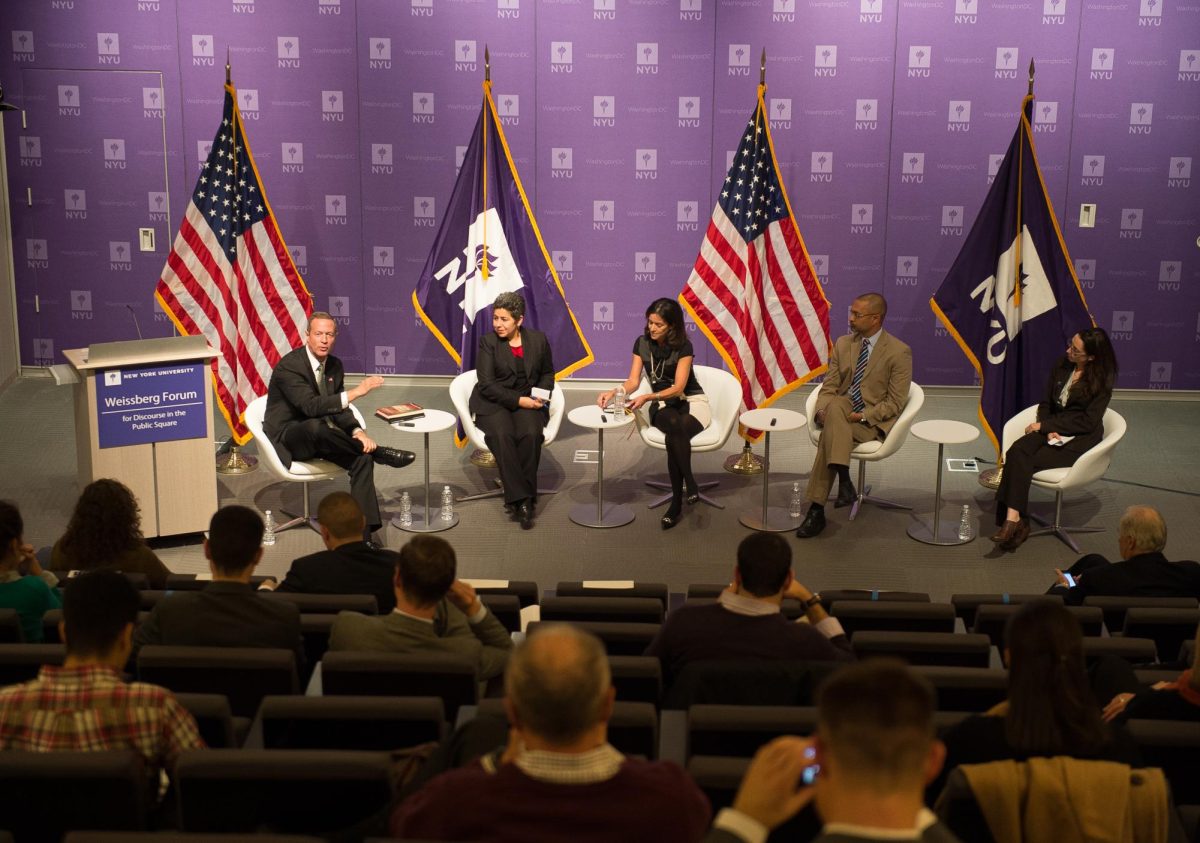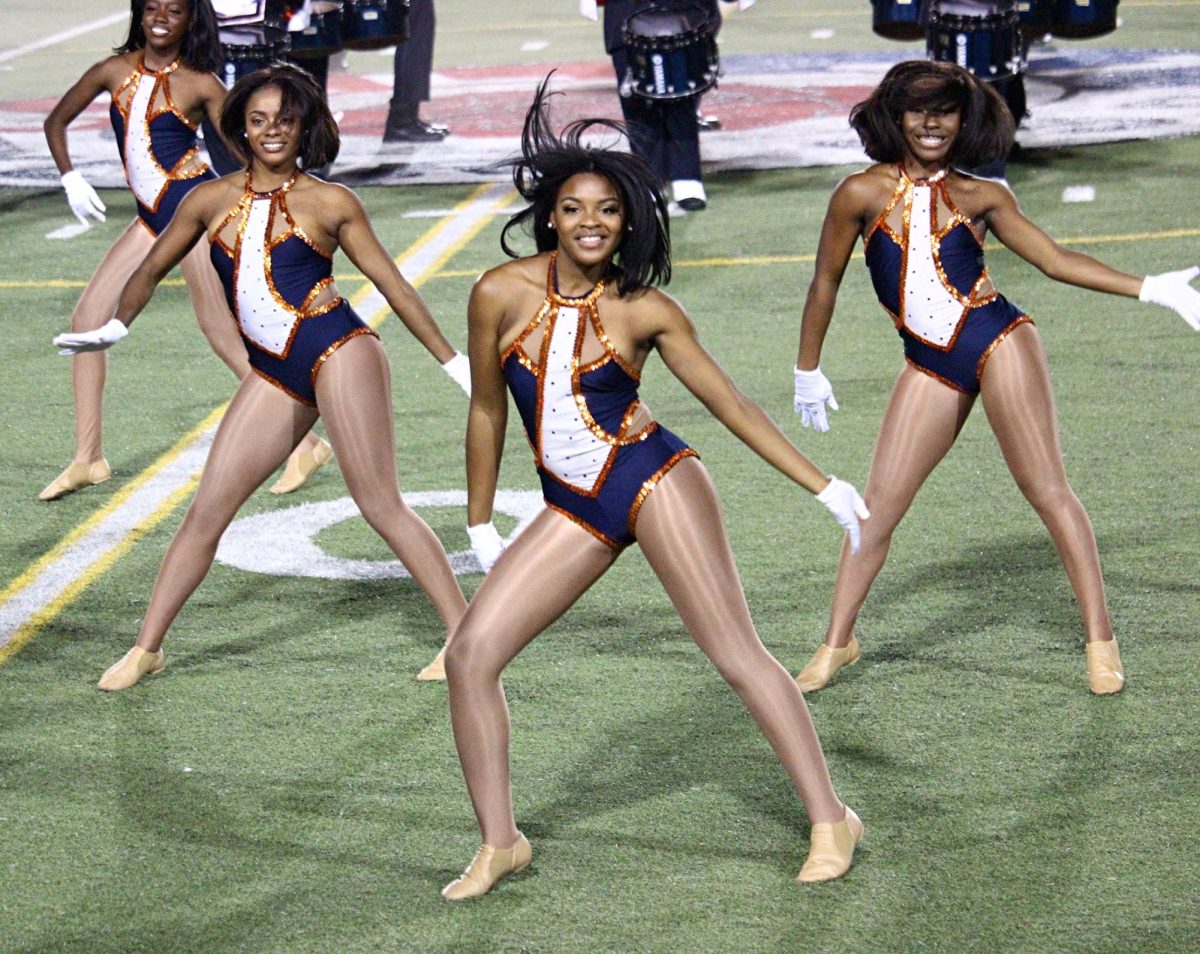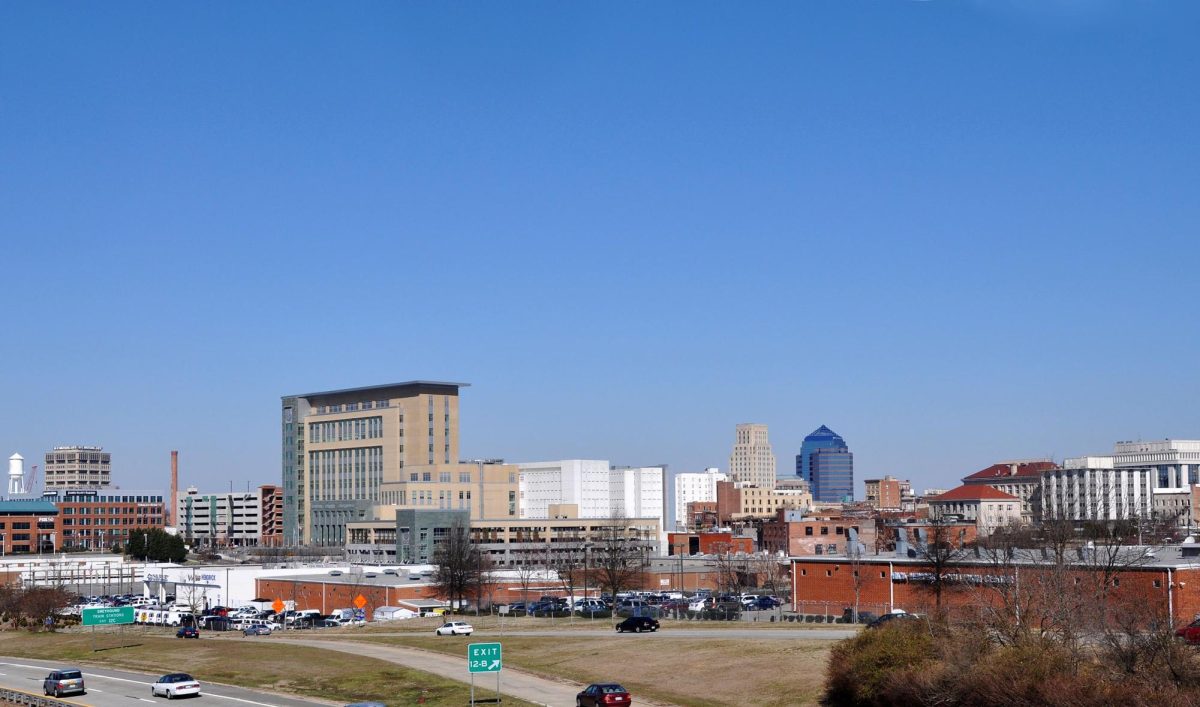Trump’s aid freeze hurts students more than it helps budgets.
In recent months, the Trump administration has begun to halt federal aid to private universities, framing it as a way to slow the federal debt and rein in “woke” institutions. The administration says these schools are engaging in racial discrimination through diversity; equity and inclusion programs.
This isn’t a war on diversity. It’s a war on higher education. Institutions seem more willing to surrender than to stand their ground. On July 24, according to The Independent, Columbia University struck a deal with the Trump administration, and agreed to pay more than $220 million to restore federal funding. On July 31, as reported by NPR, Brown University followed suit, and pledged $50 million to secure the same outcome.
In North Carolina, the same playbook is already in motion. Duke University has had $108 million in federal research funding frozen over allegations of racial preferences in admissions and hiring. That money fuels labs, medical research and collaborative projects with schools across the state, including public institutions like NC State. Now, those projects are stalled, hiring is on hold and layoffs are looming. It’s proof that this pressure campaign isn’t just aimed at distant Ivy League campuses, but at the heart of higher education, even here with the Wolfpack.
Supporters of the freeze argue that it controls wasteful spending and holds universities accountable for how they use taxpayer dollars. They argue that institutions with large endowments and high tuition should be able to operate without federal aid, especially if that aid is used to fund diversity, equity and inclusion programs they oppose.
However, that argument overlooks what federal aid actually accomplishes. It’s not a handout to wealthy schools, it’s a lifeline for low-income students who rely on Pell Grants to make college possible. It’s the funding behind medical breakthroughs in cancer treatment, the development of new clean energy technology and research. Cutting funding off doesn’t punish institutions — it punishes the students and communities who depend on the opportunities it creates.
Once universities are conditioned to trade independence for dollars, the demands won’t stop. If programs the administration deems unnecessary can be eliminated this way — what’s next? Pressure to cut entire academic departments that challenge political narratives? Federal funding would no longer be a tool to support education; it would become a lever to control it.
At NC State, we might be tempted to think this fight belongs to someone else. We’re a public university, and the freeze isn’t targeting us. However, higher education is woven together across institutions. Our professors work with faculty at private universities on shared research. We share grants, exchange data and often rely on each other’s labs. Many NC State students take part in internships, research fellowships and summer programs hosted by private universities in North Carolina and beyond. When those schools lose federal aid, those opportunities disappear and the impact is felt here.
We’ve seen versions of this type of behavior produced by an administration’s choices before. In the early 1950s, during McCarthyism, universities were pressured to prove their loyalty by forcing professors to sign oaths swearing they had no ties to communism. Some refused and lost their jobs; others signed to keep them. Decades later, those oaths are remembered not as pragmatic choices but as stains on academic freedom.
The funding freezes we see now risk becoming this generation’s loyalty tests, different in form but the same in intent: prove you’re aligned with those in power or lose the resources you need to operate.
Universities should be leading the resistance, not cutting quiet deals for temporary relief. Columbia and Brown’s payouts may restore their funding today, but they also prove that political threats work. Once that’s established, no institution, public or private, is safe from becoming the next target.
Federal Aid should never be a partisan weapon. When politics decides who can learn, what they can study, and which ideas are safe to explore we all lose. Not just students, but the society that depends on their discoveries and leadership. Education’s first loyalty must be to the truth, not to politics at the moment. If higher education survives by only pleasing those in power, it’s already lost its purpose.







